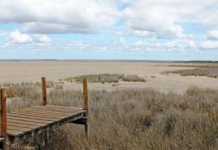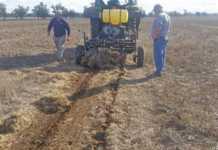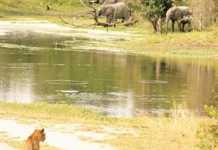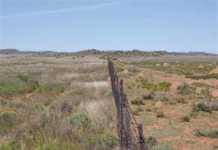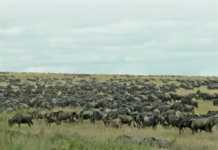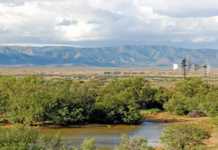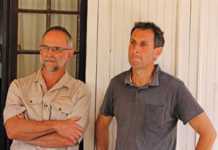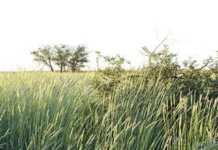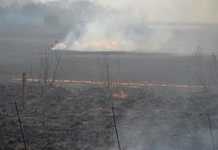Reunited – The linking of the uMfolozi & Lake St Lucia
KwaZulu-Natal’s iSimangaliso Wetland Park, Africa’s largest estuarine system, is a Unesco World Heritage Site. The uMfolozi River, long artifically separated from the lake, is again flowing into it, restoring the functioning of the ecosystem.
A cutting-edge liquid coulter for conservation farming
Greg Butler, Australian conservation agriculturalist, recently spoke to SA farmers about smart production strategies and innovation in a competitive farming environment. Jacques Claassen reports from the Conservation Agriculture Western Cape conference.
Long live the leopard
Leopard populations are at risk across their range. Research conducted by the Limpopo Leopard Project has resulted in an adaptive management system for leopard conservation. Carnivore ecologist, Ross Pitman, spoke to Nan Smith about the system.
Réunion’s sugarcane subsidies
Global farming conditions and practices can vary significantly. This could not be more evident when comparing sugarcane production
on Réunion Island with that of South Africa.
The big herd effect (Part 2): The case for fresh research
Farmers need research on mixed density management, says Dr Peter Ardington, veterinarian and livestock farmer from Mandeni in KwaZulu-Natal.
Part one: The big-herd effect
Before humans began disrupting grassland ecosystems, large moving herds of grazing herbivores were part of the natural order, says farmer and vet Dr Peter Ardington, who has studied historical documents on the grazing habits of game. Roelof Bezuidenhout summarises his studies.
Sustainable sugarcane farming
Sugarcane is often called an environmentally hostile crop, but one Eston sugarcane farmer is putting that attitude to bed.
Protect our oxpeckers!
Which ectoparasiticides are safe for these valuable birds? You’ll find the answer on this handy oxpecker compatibility chart.
Success with livestock & conservation farming
This year the annual Grassland Society of South Africa’s Peter Edwards Award was shared by Arnold Griesel and Kobus Marais. They discuss how conservation farming has worked for them.
Veld recovery after fire
Farmers in semi-arid grassveld regions should not graze recently-burnt veld too soon. Ecologically, this is the worst thing to do as it compounds grazing problems.
Sustainable fynbos harvesting – join now!
The Cape Floristic Region (CFR) is home to more than 9 000 indigenous plant species. Collectively, these plants are known as fynbos, from the Dutch fijnbosch – fine (leafed) bush. It is the richest floral region in the world.

